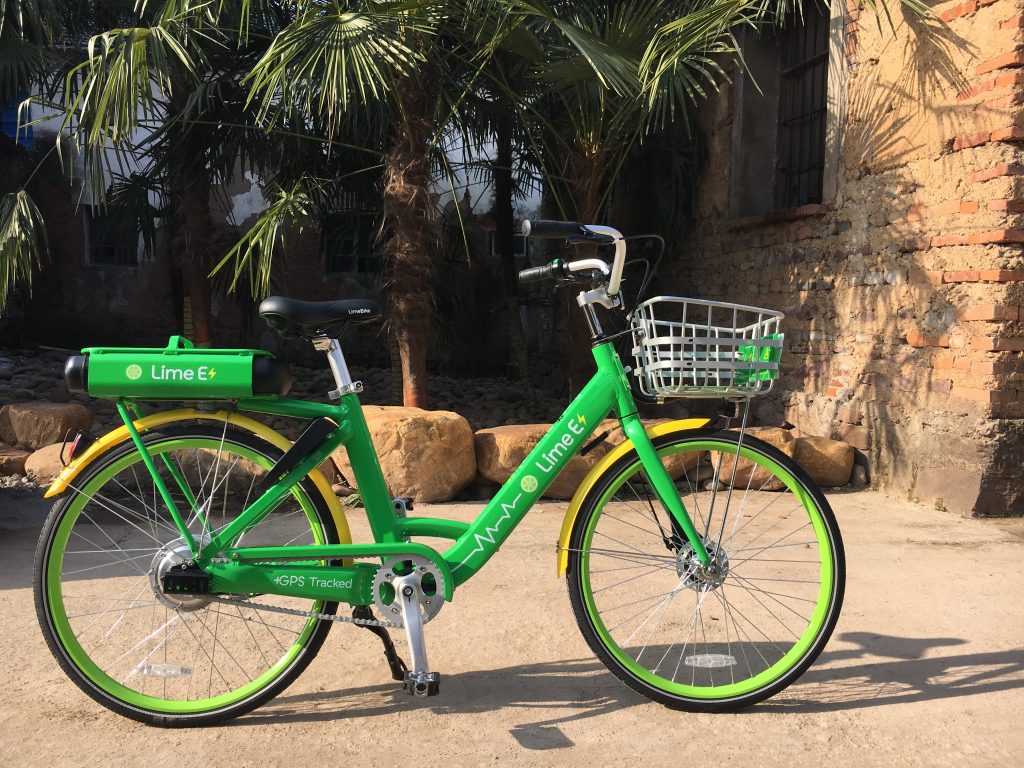The City of Sunnyvale is taking a step back from its dockless bike share pilot program after the company taking part in the program decided to withdraw before the pilot program completion date. In early March, Lime informed the City it would pull all of its electric bikes off of Sunnyvale streets by March 15.
“We’re obviously disappointed that we were not able to complete our pilot,” said Jennifer Garnett, Communications Officer for Sunnyvale.
Garnett says the City is open to partnering with another company on a bike share program, but Lime was the only one that applied when the City was taking bids last year. Garnett says it looks like many of the companies involved in electric transportation are pulling back from bikes to focus on scooters instead.
Lime spokesperson Joe Arellano confirmed that’s what Lime is doing.
“At its peak, Lime’s Bay Area bike deployment had approximately 1,000 bikes operating in total,” said Arellano. “The number has dwindled down to 500 due to lack of usage. The goal for bikes was an average of 1.5-2 rides per day, and, unfortunately, that standard was not being met. It varies in each city, but scooters have a much higher rides per day average, which is another reason why the transition is taking place.”
Lime has pulled electric bicycles from all Bay Area cities including Sunnyvale, Mountain View, South San Francisco and San Mateo. Arellano says Lime will continue to provide e-scooters in Bay Area cities, provided the cities are open to it.
Sunnyvale currently does not allow e-scooter companies to operate within its City limits, although personal e-scooters are allowed. E-scooters were purposely left out of the City’s original deal with Lime.
The short partnership between Sunnyvale and Lime began in December 2018. Up until March, the two sides worked together to coordinate the placement of electric bikes at various parts of the City including high traffic areas like the Civic Center, City parks, and Downtown Sunnyvale.
Lime was supposed to start out with 300 electric bikes within the City and eventually work its way up to 1,000 e-bikes.
The City of Santa Clara has also barred e-scooter companies from operating within City limits. The City Council declared an emergency moratorium on e-scooters and electric bicycles in December 2018. The moratorium was extended in January to give City officials enough time to create regulations for e-scooter and bike share companies like Lime and its competitor Bird. The regulations are expected to be in place by the end of the year.
